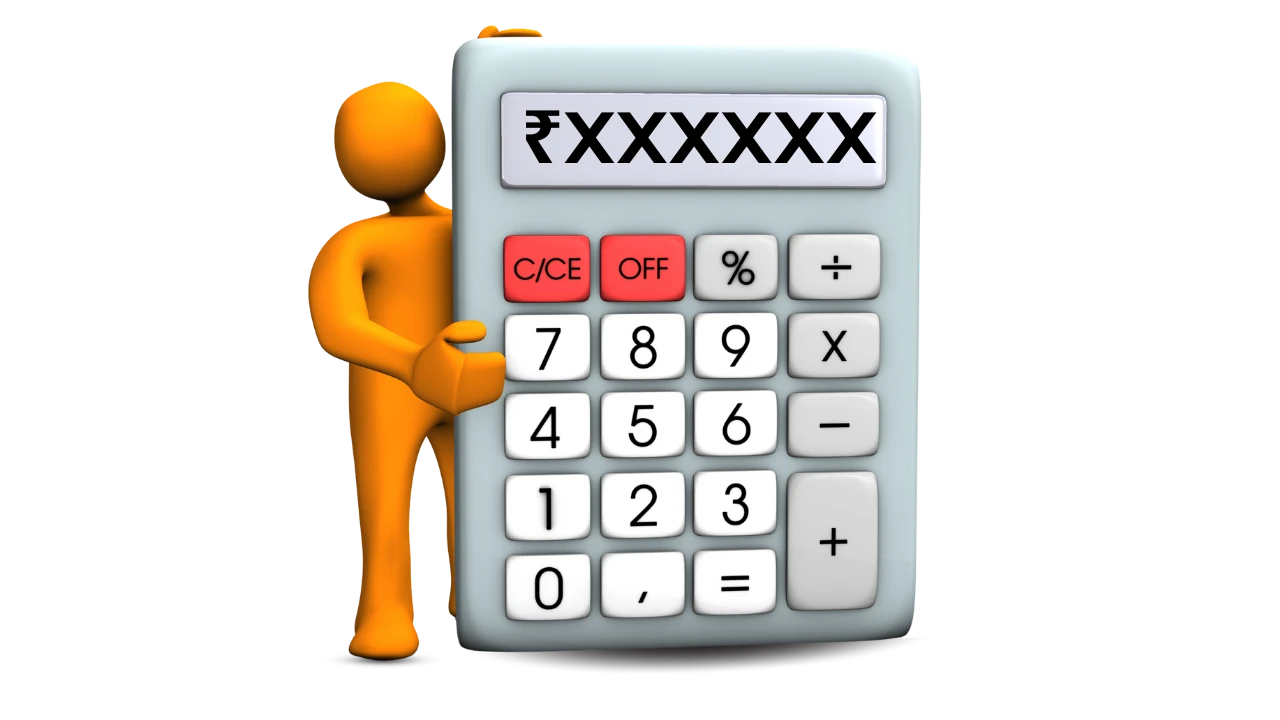The IBC framework prioritizes speed and finality, aiming to prevent the erosion of asset value and maximize recoveries for creditors. There lies a strict adherence to prescribed timelines, particularly concerning appeals against decisions made during the insolvency resolution process. While the law acknowledges the possibility of delays and provides a limited window for condonation, the recent Supreme Court judgment in Tata Steel Ltd. v. Raj Kumar Banerjee and Ors.1 has reiterated the sacrosanct nature of these timelines, especially concerning appeals filed before the NCLAT2.
The present case arose from a challenge to the resolution plan approved by the NCLT3, Kolkata. Raj Kumar Banerjee, an erstwhile shareholder of the Corporate Debtor, Rohit Ferro-Tech Limited, filed an appeal before the NCLAT under Section 61 of the IBC, seeking to challenge the NCLT’s approval of Tata Steel’s resolution plan. Crucially, this appeal was accompanied by an application for condonation of delay.
The NCLAT, in its order, allowed the application for condonation of delay, reasoning that the 30-day limitation period for filing the appeal should commence not from the date of the NCLT order (April 7, 2022), but from the date the approval was intimated to the stock exchanges (April 8, 2022), as the appellant was not a party to the proceedings before the NCLT and became aware of the order only upon its public disclosure. Further, the NCLAT invoked Section 4 of the Limitation Act, 1963, to extend the limitation period as the initial expiry date (May 8, 2022) fell on a Sunday, pushing it to the next working day, May 9, 2022.
However, the Supreme Court overturned the NCLAT’s order, firmly upholding the strict timelines enshrined in the IBC. The apex court unequivocally stated that the limitation period for filing an appeal under Section 61 of the IBC commences from the date of the pronouncement of the order by the NCLT – in this case, April 7, 2022 – and expires 30 days thereafter, on May 7, 2022. The court explicitly relied on its earlier ruling in Kalpraj Dharamshi v. Kotak Investment Advisors Limited & Another4, reiterating that the NCLAT possesses no power to condone any delay in filing an appeal beyond the statutory grace period of 15 days.
Furthermore, the Supreme Court invoked Section 238A of the IBC, which makes the Limitation Act, 1963, applicable to IBC proceedings. While acknowledging Section 4 of the Limitation Act and Rule 3 of the NCLAT Rules, 2016, which extend the limitation period if the last day falls on a holiday, the court clarified a crucial distinction. It held that the benefit of excluding the period during which the court is closed is available only when the application is filed within the initial ‘prescribed period of limitation’ and not for the period extendable by the court’s discretion. Since May 7, 2022, was a working Saturday for the NCLAT registry, the extension under Section 4 was inapplicable.
Relying on its precedent in V. Nagarajan v. SKS Ispat & Power Ltd5, the court firmly established that the limitation period for filing an appeal under Section 61(2) of the IBC begins from the date of the NCLT’s order pronouncement, irrespective of when the aggrieved party receives the order or becomes aware of it. Consequently, the initial 30-day limitation period expired on May 7, 2022, and the additional 15-day grace period concluded on May 22, 2022. As the appeal was filed on May 23 and 24, it was clearly beyond the permissible 45-day limit.
Section 61 of the IBC provides a 30-day window for an aggrieved party to appeal against an order of the NCLT to the NCLAT. Recognizing that genuine reasons for delay might exist, the provision also grants the NCLAT the discretion to allow an appeal to be filed within a further period not exceeding 15 days, provided sufficient cause for the delay is shown.
This provision for condonation of delay, while seemingly offering flexibility, has been subject to judicial interpretation, with courts consistently emphasising the importance of adhering to the overall objective of the IBC – timely resolution. The principle of condonation of delay finds its roots in the Limitation Act, 1963, which generally permits courts to entertain applications or appeals filed beyond the stipulated period if the applicant demonstrates a ‘sufficient cause’ for the delay. Section 238A of the IBC explicitly incorporates the provisions of the Limitation Act, making it applicable to proceedings under the Code.
However, the judiciary has consistently cautioned against an overly liberal interpretation of ‘sufficient cause’ in the context of the IBC. The Supreme Court and the NCLAT have repeatedly held that the condonation of delay cannot be granted in a routine manner and that the appellant bears the onus of providing a convincing and bona fide explanation for each day’s delay. As highlighted in the Tata Steel case, the courts are particularly stringent when the delay exceeds the additional 15-day grace period stipulated in Section 61(2) of the IBC.
While the general principle emphasizes strict adherence to timelines, the NCLAT has, in certain instances, adopted a pragmatic approach when genuine hardship or unavoidable circumstances have led to a slight delay within the condonable 15-day period. For instance, in Dhiren Shantilal Shah RP of High Ground Enterprise Limited v. Swastik Productions Private Limited6, the NCLAT condoned a minor delay of five days due to the Resolution Professional’s health issues. Similarly, in State Bank of India v. India Power Corporation Limited7, the Supreme Court allowed condonation of a three-day delay when the free copy of the order was made available to the appellant belatedly. In Embee Software Private Limited v. Solicon Private Limited8, the NCLAT took a lenient view considering the late uploading of the order, court vacations, and a family bereavement.
However, the tribunals have also been firm in rejecting pleas for condonation based on flimsy or unsubstantiated reasons. Lack of awareness of the law or the logistical challenges of coordinating with advocates in different states have been held as insufficient grounds for delay. The NCLAT, Chennai, in Anish Lawrence & another v. Renahan Vamakesan9, explicitly ruled that the time taken to obtain legal advice or engage counsel does not constitute a ‘sufficient cause’ for condoning delays beyond the statutory period.
In conclusion, the Supreme Court in Tata Steel Ltd. v. Raj Kumar Banerjee & Ors. serves as a powerful reaffirmation of the legislative intent behind the IBC – to ensure a swift and efficient insolvency resolution process. This unwavering emphasis on timelines is crucial for maintaining the efficacy and finality of the appellate mechanism, thereby contributing to the overall success of the IBC in fostering a reliable framework for insolvency resolution in India. The judgment serves as a clear message to all stakeholders to adhere meticulously to the prescribed timelines, ensuring that the pursuit of justice aligns with the imperative of timely resolution of insolvency and bankruptcy.
Citations
- Civil Appeal No. 408 of 2023
- NCLAT – National Company Law Appellate Tribunal
- NCLT – National Company Law Tribunal
- Civil Appeal Nos.29432944 of 2020
- Civil Appeal No. 3327 of 2020
- Company Appeal (AT) (Insolvency) No. 360 of 2024
- IA No. 158 / 2024
- Company Appeal (AT)(Ins) No. 780 of 2019
- Company Appeal (AT) (CH) (Ins) No. 377 of 2023
Expositor(s): Adv. Khushboo Saraf






